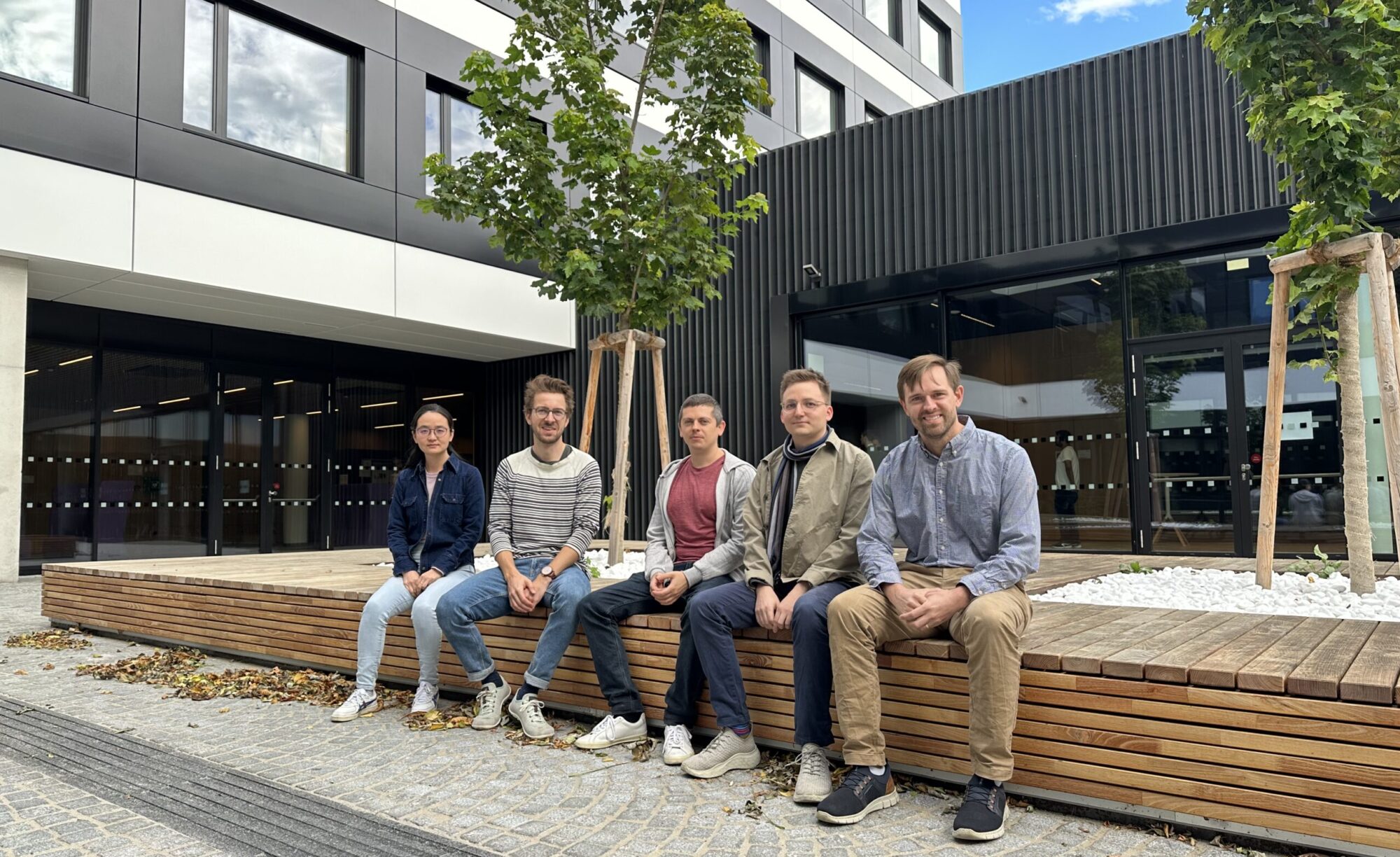The Goodrich Group is a theoretical and computational soft matter group that is generally interested in how vast parameter spaces that appear in many systems give rise to rich, emergent behavior. Similar to how high-dimensional spaces are central to emergent complexity in machine learning and evolution, highly tunable physical systems can also give rise to complex and controllable behavior, offering both a route to deeper understanding and a platform for the rational design of qualitatively new behavior. We aim to uncover general physical principles that govern structure, dynamics, and physical learning in systems ranging from disordered solids to programmable nanomaterials. By identifying universal mechanisms that transcend specific materials or scales, we hope to advance both fundamental physics and the rational engineering of complex matter — enabling new forms of self-assembly, adaptability, and biomimetic functionality in real materials and devices.
Our approach combines theory, computation, and algorithmic innovation. We develop and apply new methodologies such as automatic differentiation in molecular dynamics and gradient-based optimization over path ensembles, allowing us to directly connect microscopic dynamics to emergent behavior and design objectives. Current efforts span programmable self-assembly, inverse design in disordered systems, physical learning, and functional nanomachines. Together, these threads aim to build a unified framework for understanding and engineering matter that can organize, compute, and act with purpose.
Our work is supported by grants from the Austrian Science Fund (FWF) and the Gesellschaft für Forschungsförderung Niederösterreich (GFF).
